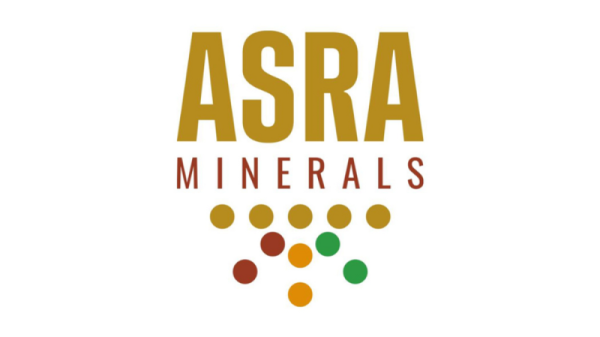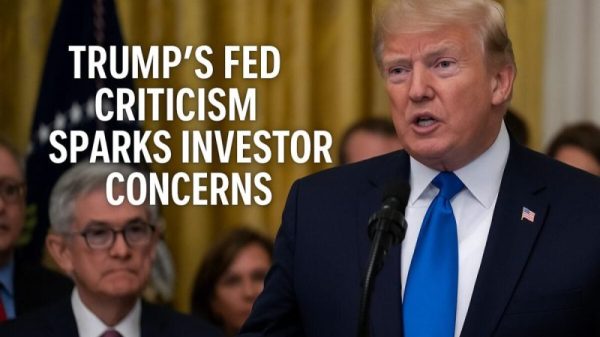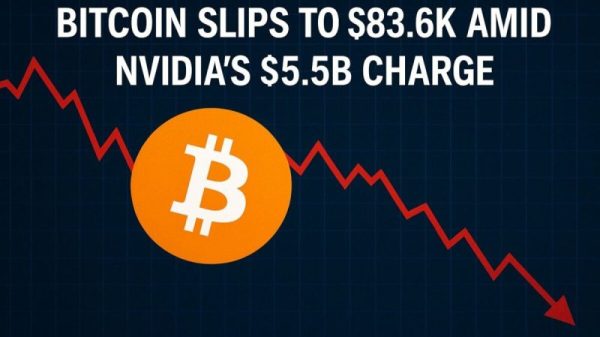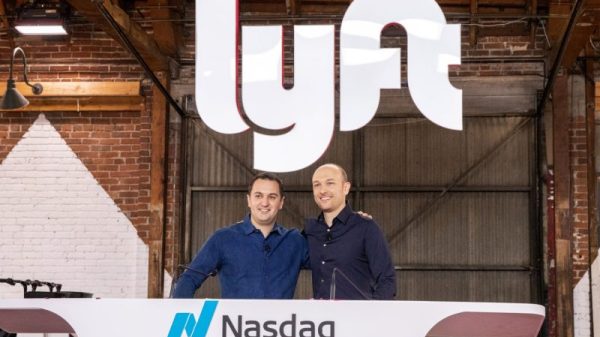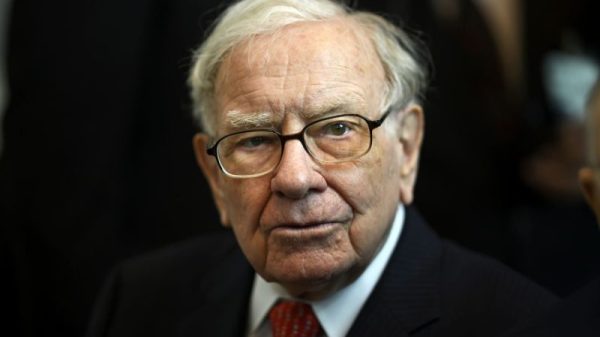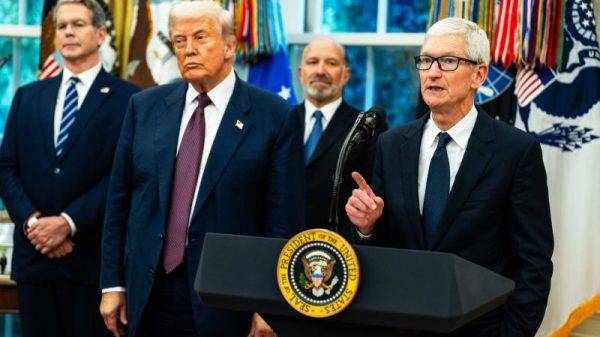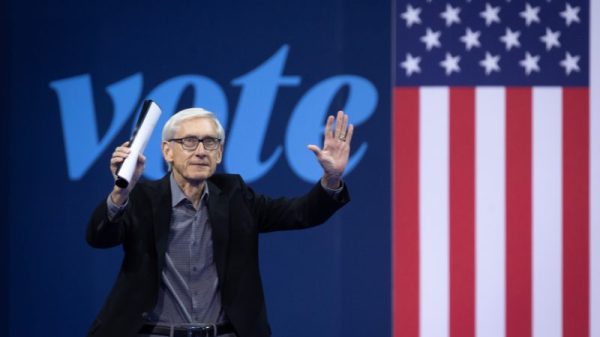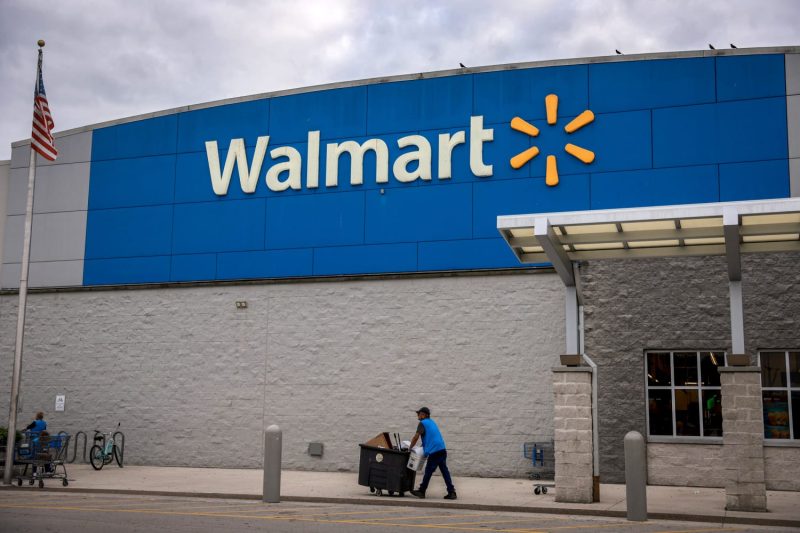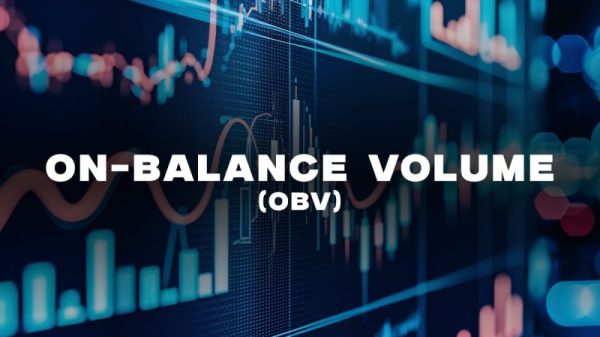Walmart on Monday confirmed that it’s ending some of its diversity initiatives, removing some LGBTQ-related merchandise from its website and winding down a nonprofit that funded programs for minorities.
The nation’s largest employer, which has about 1.6 million U.S. workers, joined a growing list of companies that have stepped back from diversity, equity and inclusion efforts after feeling the heat from conservative activists.
Some have also attributed changes to the U.S. Supreme Court’s decision last year that struck down affirmative action programs at colleges.
Those companies include Tractor Supply, which said in June it was eliminating DEI roles and stopping sponsorship of Pride festivals. Lowe’s, Ford and Molson Coors have also walked back some of their equity and inclusion policies in recent months.
Others, such as Anheuser-Busch-owned Bud Light and Target, have faced sharp backlash and falling sales after marketing campaigns or merchandise focused on the LGBTQ community.
In a statement, Walmart said it is “willing to change alongside our associates and customers who represent all of America.”
“We’ve been on a journey and know we aren’t perfect, but every decision comes from a place of wanting to foster a sense of belonging, to open doors to opportunities for all our associates, customers and suppliers and to be a Walmart for everyone,” the statement said.
Walmart’s DEI changes were first reported by Bloomberg News.
Among the changes, Walmart will no longer allow third-party sellers to sell some LGBTQ-themed items on Walmart’s website, including items marketed to transgender youth like chest binders, company spokeswoman Molly Blakeman said.
She said it also recently decided to stop sharing data with the Human Rights Campaign, a nonprofit that tracks companies’ LGBTQ policies, or with other similar organizations.
Additionally, the big-box retailer is winding down the Center for Racial Equity, a nonprofit that Walmart started in 2020 after George Floyd’s murder sparked protests across the country. At the time, Walmart and the company’s foundation pledged $100 million over five years to fight systemic racism and create the center.
Over the past year, the company has phased out supplier diversity programs, which gave preferential financing to some groups, such as women and minorities, after the Supreme Court decision striking down affirmative action.
It’s also moved away from using the term “diversity, equity and inclusion” or DEI in company documents, employee titles and employee resource groups. For example, its former chief diversity officer role is now called the chief belonging officer.
Yet, Walmart will continue to award grants, disaster relief, and funding to events like Pride parades, but with more guidelines of how funding can be used, Blakeman said.
Some recent changes came on the heels of pressure from conservative activist Robby Starbuck, who threatened a consumer boycott of Walmart. Starbuck, a vocal DEI-opponent who had also put heat on Tractor Supply, touted Walmart’s changes in a post on X, describing them as “the biggest win yet for our movement to end wokeness in corporate America.”
Walmart had conversations with Starbuck over the last week and already had some DEI-related changes underway, Blakeman said.
Walmart’s DEI changes were first reported by Bloomberg News.




